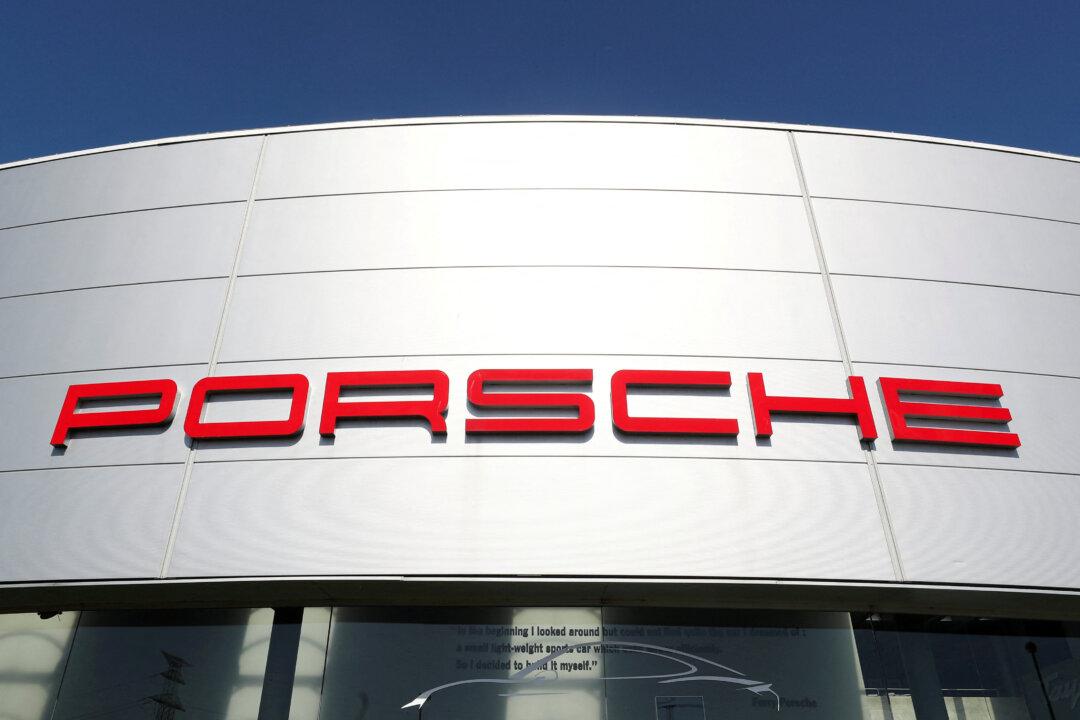BERLIN—Volkswagen shares hovered around breakeven on Monday, reflecting a mixed response from investors to the automaker’s listing plans for sports car brand Porsche AG in what could be Europe’s third biggest initial public offering.
Volkswagen said on Sunday it was aiming for a valuation of 70 billion-75 billion euros ($70–75 billion) for Porsche AG, slightly below some estimates of up to 85 billion euros, but far outstripping the 49-billion-euro price tag for rival BMW and Mercedes-Benz’s 61 billion euros.





